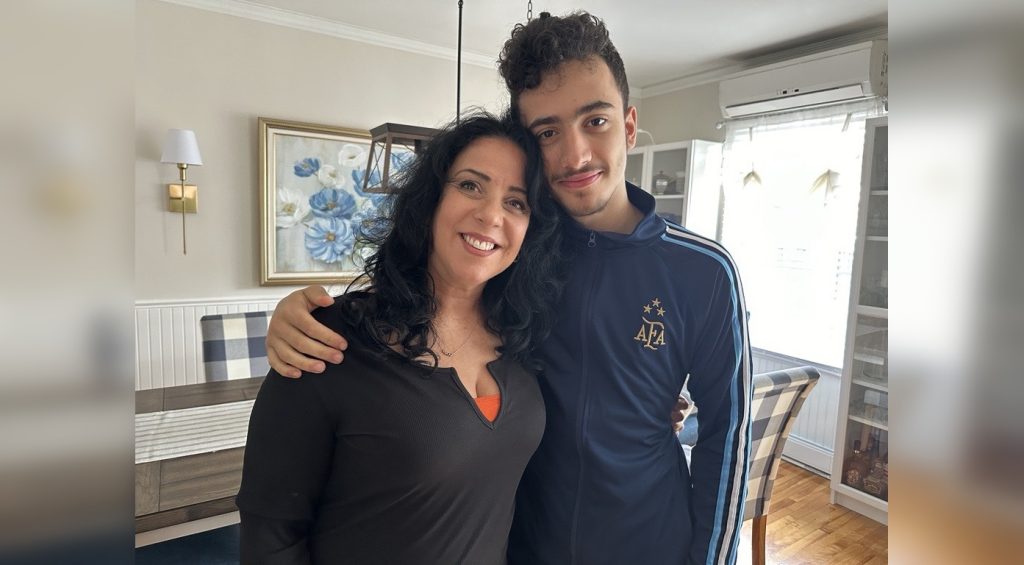Quebec to increase non-legally qualified teachers by 50 per cent
Posted April 25, 2024 2:43 pm.
Last Updated April 26, 2024 10:59 am.
Quebec is planning to increase the number of non-legally qualified teachers in schools by more than 50 per cent over the next three years.
According to Le Journal, the Ministry of Education is planning an increase of 4,200 non-legally qualified teachers in general youth education by 2026-2027.
As of February 2024, the school system currently has 7,949 teachers hired under this special authorization.
The Ministry of Education sent “guidelines” to supervise the development of training programs for second cycle, consisting of 30 credits, leading to the teaching certificate. Appropriate candidates will also be required to have at least one year’s “relevant teaching experience.”
Once the 30-credit course is completed, graduates will be required to complete a probationary internship, supervised by the school community and pass the French exam before obtaining their teaching certificate.
These shorter training courses are aimed at countering the teacher shortage in the province.
“This is an extremely challenging profession,” said Montreal high school teacher Robert Green.
Green is worried the shorter training programs will produce unqualified teachers.
“The number of things that we have to deal with from day to day are overwhelming at times, and a lot of us do rely on the training that we’ve been given, particularly when it comes to trying to adapt our lessons for students with special needs,” said Green.
“Those teachers are in our system no matter what. We do not manage to graduate enough teachers from the faculties of education in the province,” said Lori Newton, president of the Montreal Teachers’ Association.
Quebec is facing a severe teacher shortage, with more than 8,000 educators missing from classrooms. Newton says she recognizes the importance of having more teachers, but has concerns about the length of the programs.
“One year program versus the traditional four-year program, I think there are probably concerns about how to compress four years’ worth of experience and skill building into one year,” said Newton.
As a possible solution to combat the teacher shortage in Quebec, Newton says the provincial government should consider recognizing teachers who have qualifications from other countries.
“Making it easier for those individuals to have a path towards integrating a teaching job here,” said Newton.
Adding, “However, Bill 21 throws a bit of a kibosh on that in a lot of ways for certain individuals who do wear a religious symbol like a hijab for example, so there there’s some contradictions in how the ministry is trying to deal with the shortage of teachers,” said Newton.
“[It is] worrisome both for the students but also for what it means for the teaching profession,” said Green.



